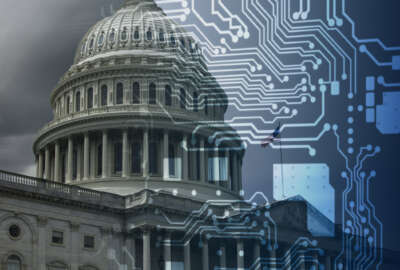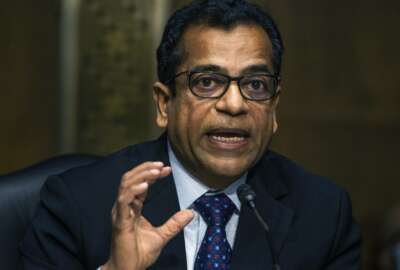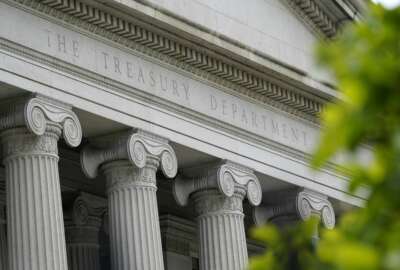History at risk over unclassified and declassified information
Without training and leadership, modern history may be lost forever.
wfedstaff | June 2, 2015 10:23 pm
By Suzanne Kubota
Senior Internet Editor
FederalNewsRadio.com
A new report indicates that many federal employees really don’t know what “unclassified” means. The study from OMB Watch says labels like “Controled Unclassified” and “Sensitive But Unclassified” are just plain confusing and lead to problems with document handling. The report from OMB Watch calls on the White House for written clarification on what the labels mean.
Meredith Fuchs, general counsel at George Washington University’s National Security Archive tells FederalNewsRadio, the fault does not fall on feds.
Part of the problem is there’s a whole classified system for national security information, but then there’s a whole other system, which is unclassified which is generically called “Sensitive But Unclassified” and there’s something like 107 different labels that people can put on documents. And that does cause confusion because many of the labels have different meanings in every single agency. So it makes it hard for agencies to share information, and there’s not much training, and the labels are kind of put on willy-nilly, and that’s the problem that President Obama has now actually asked the administration to look at.
Fuchs tells the Federal Drive that the Department of Homeland Security and the Justice Department are conducting a 60-day review of the issue, and will report to the President by September first with recommendations. Fuchs says her group is recommending better training and oversight, as well as the creation of a system for defining when the labels should be used.
At stake, according to Martin Faga, acting chairman of the Public Interest Declassification Board, is the complete loss of not just documents, but the modern history of the country. Faga tells FederalNewsRadio that without some sort of system in place, electronic records are less likely to be preserved.
We were fascinated and horrified by a statement by an Army historian in the last few months, looking at records that brigades collected of their activities in Iraq. At the end of the period, they were simply wiping the hard drive and turning it over to the next group of troops that were arriving to replace them. In this case, the historians worked with the units who were perfectly amenable to saving the records – this was nothing malicious. This wasn’t trying to hide anything. This was just nobody thinking about “well, you know these records have permanent historical value,” but it’s just so easy, particularly in an electronic domain, to simply throw it away.
The White House is asking for comments in the Declassification Policy Forum through Sunday, July 19.
The bottom line, says Faga, is “we are at some risk that 50 years from now people will find better records of the Revolutionary War than they will of the War in Iraq.”
—–
On the Web:
OMB Watch – Controlled Unclassified Information: Recommendations for Information Control Reform
White House Office of Science & Technology Policy – Summary of Recommendations on Declassification Policy
National Archives – Public Interest Declassification Board
George Washington University – National Security Archive
(Copyright 2009 by FederalNewsRadio.com. All Rights Reserved.)
Copyright © 2025 Federal News Network. All rights reserved. This website is not intended for users located within the European Economic Area.





